Continuing the 5th Session, on the morning of May 29, the National Assembly listened to the Report of the National Assembly's Supervisory Delegation on the mobilization, management and use of resources for COVID-19 prevention and control; the implementation of policies and laws on grassroots health care and preventive medicine; and discussed the above contents in the hall. Vice Chairman of the National Assembly Nguyen Khac Dinh chaired the meeting.
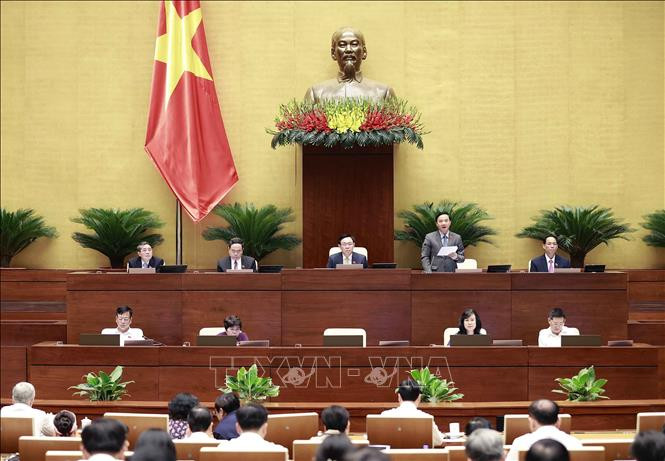
The work of disease prevention and control basically complies with policies and guidelines.
Presenting the Report of the Monitoring Delegation, Deputy Head of the Delegation Nguyen Thuy Anh said: Institutionalizing the Party's policies, conclusions and directives of the Politburo and the Secretariat, from January 2020 to January 2023, the National Assembly issued 6 resolutions, the National Assembly Standing Committee issued 12 resolutions, reviewed and commented on amending, supplementing and promulgating new laws to promptly meet the requirements of epidemic prevention and control. The Government issued 14 decrees, 23 resolutions, the Prime Minister issued 35 decisions, hundreds of documents to direct the work of epidemic prevention and control. Ministries, branches, People's Councils, People's Committees of provinces and cities have made many efforts, proactively, flexibly, closely followed the situation, promptly issued many documents and instructions on epidemic prevention and control and mobilized, managed and used resources for COVID-19 prevention and control in the area.
To achieve the "dual" goal of both preventing and fighting the epidemic and developing the economy, ensuring people's lives, the National Assembly issued Resolution No. 30/2021/QH15 on the First Session, which stipulates a number of specific mechanisms and policies to serve the work of preventing and fighting the epidemic.
As of December 31, 2022, the total amount of money mobilized to directly serve the work of epidemic prevention and control and implementation of social security policies is about 230 trillion VND. Over 11.6 trillion VND has been mobilized into the COVID-19 Vaccine Fund; receiving about 259.3 million doses of COVID-19 vaccine. Millions of volunteers, especially medical staff, officers and soldiers of the armed forces directly participate in the frontline of the fight against the epidemic. People from all walks of life, the business community, governments of countries and international organizations have directly participated in epidemic prevention and control, contributing their efforts, money, goods and many other contributions in many different forms, including many contributions and support that cannot be quantified in money.
Through monitoring, it is shown that the management, use, payment and settlement of resources for epidemic prevention and control have basically been implemented in accordance with the issued policies and guidelines. In particular, support has been provided to people, employees, employers and business households affected by the COVID-19 pandemic; policies and regimes have been implemented for frontline forces and other forces participating in the fight against the epidemic; COVID-19 vaccines have been purchased; research and testing of COVID-19 vaccines have been supported; testing kits have been purchased; medical equipment, supplies, drugs and biological products have been purchased; medical examination, emergency care and treatment of COVID-19 patients have been paid for; screening, admission and medical isolation have been provided; support has been given to the construction, repair and upgrading of treatment facilities, isolation facilities and field hospitals, etc.
The Monitoring Team also pointed out shortcomings and limitations in mobilizing, managing and using resources for COVID-19 prevention and control, such as: the current legal system has not covered everything, has not regulated the relationships and situations that arise. The management, use, payment and settlement of epidemic prevention and control funds from the state budget during and after the peak period of epidemic prevention and control are still delayed, many difficulties and problems arise but have not been resolved promptly and thoroughly. The management and coordination of social resources are sometimes and in some places limited, confused in organization and implementation, and the efficiency of use is not high. There have been serious violations in mobilizing, managing and using epidemic prevention and control resources...
Investment in primary health care and preventive medicine is not satisfactory.
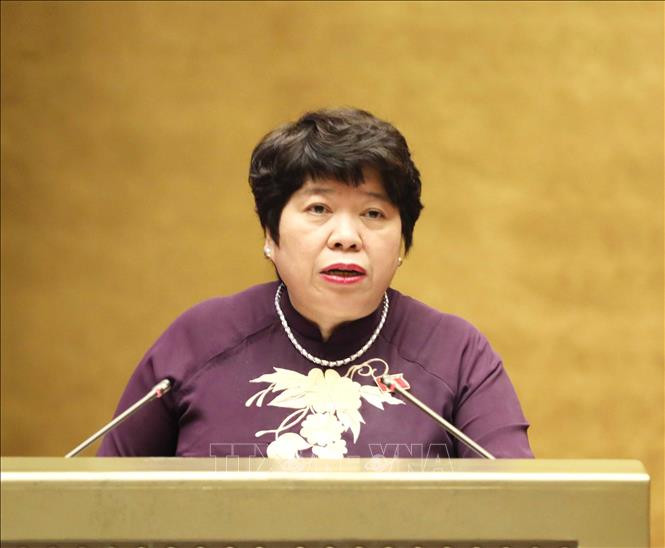
Regarding the results of implementing legal policies on grassroots health care and preventive medicine, Chairwoman of the National Assembly's Social Committee Nguyen Thuy Anh said that through monitoring, it was shown that the institutionalization of the Party's guidelines and policies, the system of legal documents related to grassroots health care and preventive medicine were issued relatively comprehensively, synchronously and gradually improved to suit the requirements of tasks and the actual situation.
In the period of 2018 - 2022, the implementation of policies and laws on primary health care and preventive medicine has achieved many positive results, playing an increasingly important role in the cause of protecting, caring for, and improving people's health and contributing significantly to the success of epidemic prevention and control, especially the COVID-19 pandemic.
By 2022, the grassroots health network will be developed nationwide, 100% of district-level administrative units will have district health centers and district hospitals located in the area, 99.6% of communes, wards and towns will have health stations, 92.4% of commune health stations will have doctors, over 70% of villages and hamlets will have village and hamlet health workers. In addition, localities will have tens of thousands of private clinics, private family doctor clinics, and private hospitals equivalent to district level.
The preventive health system has been improved and streamlined. By 2022, 63/63 provinces and cities have established Centers for Disease Control based on the merger of provincial preventive health centers. The work of preventing and combating non-communicable and infectious diseases has achieved many outstanding achievements, marking the international community with many "bright spots" such as Vietnam being one of the first countries to control SARS and influenza A (H1N1); controlling and repelling many dangerous epidemics; basically controlling HIV/AIDS and especially controlling COVID-19.
The shortcomings and limitations in implementing policies and laws on primary health care and preventive medicine were also pointed out by the Monitoring Team. Accordingly, awareness of the role of primary health care and preventive medicine is not adequate. The organization of the primary health care system is not really stable, having undergone many changes, and the management model of district health centers has not been implemented uniformly nationwide. Although primary health care and preventive medicine human resources have been consolidated, they are still lacking in quantity and limited in qualifications and professional capacity. Investment in primary health care and preventive medicine is still inadequate and not commensurate with the viewpoint that "preventive medicine is the key, primary health care is the foundation". Some localities have a proportion of expenditure on preventive medicine that has not reached 30% of the total state budget expenditure on health according to Resolution No. 18/2008/QH12 of the National Assembly.
6 groups of lessons, 2 groups of solutions

From the monitoring results, the Monitoring Team drew 6 groups of lessons learned and proposed two groups of solutions on institutions, mechanisms and implementation organization.
Accordingly, to overcome shortcomings and limitations in the management and use of resources for COVID-19 prevention and control, to perfect and effectively implement policies and laws on grassroots health care and preventive medicine, and to ensure timely and effective response when similar epidemics occur, the Supervisory Delegation recommends that the National Assembly issue a Supervisory Resolution, in which it amends, supplements or promulgates new laws related to the fields of grassroots health care, preventive medicine, civil defense and emergency situations.
At the same time, urgently review, synthesize, and classify to handle the payment and settlement of costs for SARS-CoV-2 testing services according to the actual volume incurred for testing services under the ordering mechanism but without an ordering contract; difficulties in purchasing drugs, supplies, chemicals, and medical equipment for COVID-19 prevention and control that have been implemented in the forms of advances, loans, borrowing, mobilizing and receiving sponsorship and aid from January 1, 2020 to December 31, 2022; the dissolution and handling of assets when dissolving mobile medical stations, COVID-19 admission and treatment facilities, and field hospitals.
At the same time, strengthen the capacity to provide primary health care services and preventive health care in the direction that primary health care ensures the full implementation of primary health care functions, medical examination and treatment, disease prevention and control, and health promotion to ensure that all people receive health care in the community. Promote the implementation of the goal of universal health care coverage; innovate the financial mechanism and payment mechanism of the Health Insurance Fund towards increasing expenditure on primary health care; clearly define the functions, tasks and organization of the system of commune, ward and town health stations in accordance with the scale, population structure, socio-economic conditions, and the ability to access health services of people in urban and rural areas...
Preventive medicine continues to focus on implementing tasks of preventing and combating infectious diseases, non-communicable diseases, diseases of unknown cause, controlling risk factors, improving health, food safety, community nutrition, environmental health and hygiene, school health, health care for workers, the elderly, mothers, children, population work, health education and communication. Innovate policies and methods of training and fostering grassroots health workers, preventive medicine, especially human resources working at commune health stations; continue to apply the policy of training and recruiting for ethnic minority and mountainous areas. Improve the capacity of commune health workers; mobilize and rotate doctors and health workers to examine and treat health insurance-covered diseases at commune health stations.
Source



![[Photo] Prime Minister Pham Minh Chinh chairs a special Government meeting on the arrangement of administrative units at all levels.](https://vphoto.vietnam.vn/thumb/1200x675/vietnam/resource/IMAGE/2025/5/9/6a22e6a997424870abfb39817bb9bb6c)
![[Photo] General Secretary To Lam and international leaders attend the parade celebrating the 80th anniversary of the victory over fascism in Russia](https://vphoto.vietnam.vn/thumb/1200x675/vietnam/resource/IMAGE/2025/5/9/4ec77ed7629a45c79d6e8aa952f20dd3)

![[Photo] Russian military power on display at parade celebrating 80 years of victory over fascism](https://vphoto.vietnam.vn/thumb/1200x675/vietnam/resource/IMAGE/2025/5/9/ce054c3a71b74b1da3be310973aebcfd)
![[Photo] Magical moment of double five-colored clouds on Ba Den mountain on the day of the Buddha's relic procession](https://vphoto.vietnam.vn/thumb/1200x675/vietnam/resource/IMAGE/2025/5/9/7a710556965c413397f9e38ac9708d2f)



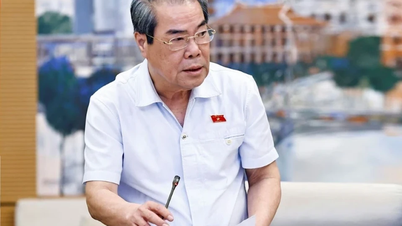



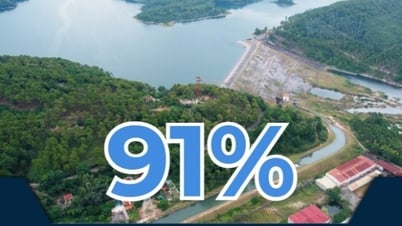


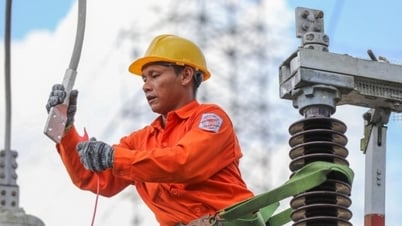

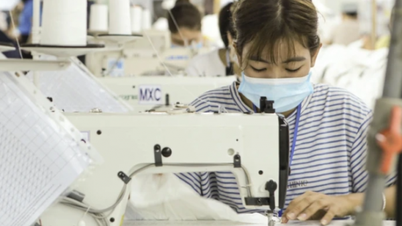





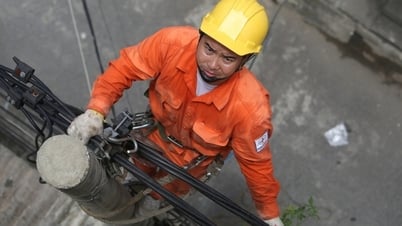
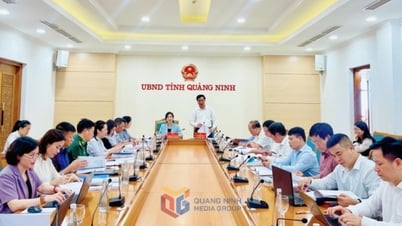


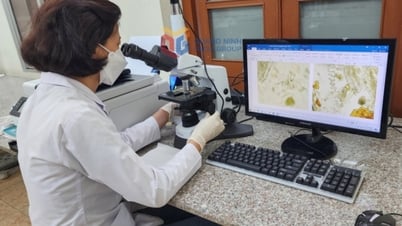






































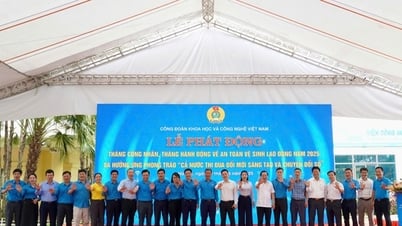

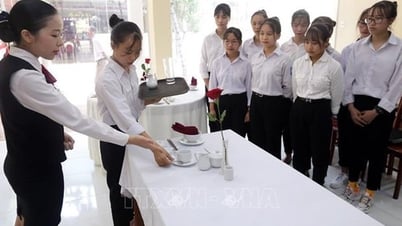

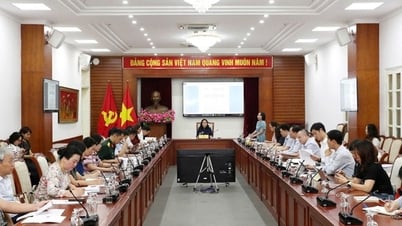

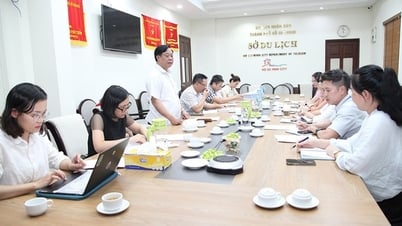
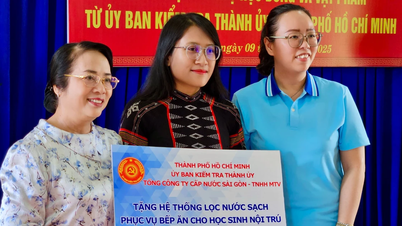



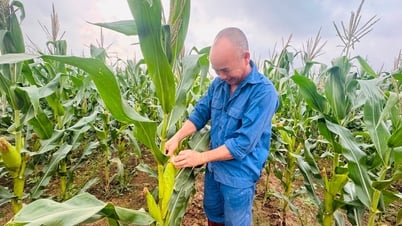
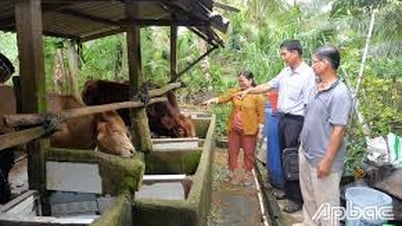











Comment (0)